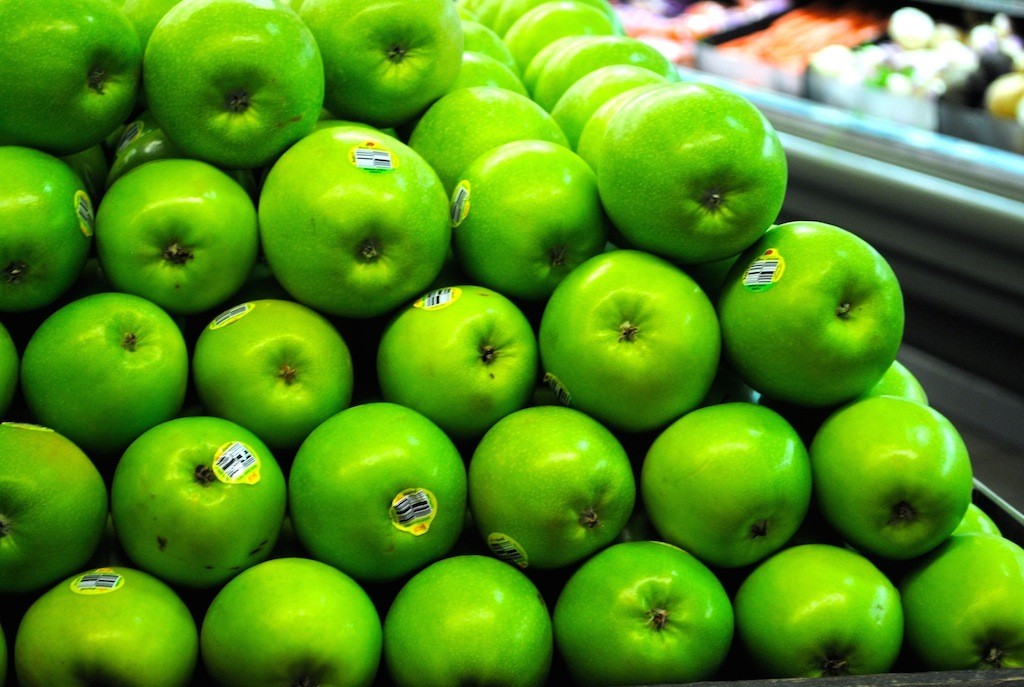It’s well established that butter is, in fact, not a carb, but there are still plenty of questions to be answered when it comes to carbohydrates: Good versus bad, simple versus complex, more versus less. But before you give up and start a crazy no-carb fad diet, take a few minutes to learn about this powerful macronutrient through a few FAQs. Just take a deep breath, we’re about to get a little science-y.
What are Carbohydrates?
Carbohydrates are a type of macronutrient essential for the proper functioning of our bodies. They are found naturally in plant-based foods. Food manufacturers, however, can add processed carbohydrates to foods in the form of starches or added sugars.
Carbohydrate are broken into two categories: simple and complex carbs.
Simple carbohydrates are often considered “bad carbs” because they provide little value to the body. The body digests them quickly, so they give a quick burst of energy (think back to that Halloween night sugar rush of yesteryear) with little lasting effect. Fruits and vegetables are technically made up of simple carbohydrates, but they provide many essential nutrients and health benefits. Apples, for example, are jam packed with vitamin C. The real “bad carbs” are unhealthy but ever-so-tempting offenders like the processed sugars and flours found in candy, soda, and conventional baked goods.

Photo by Olivia Henry-Jackson
Complex carbohydrates are made up of longer molecules that take the body longer to break down. They provide the body with sustained energy rather than the highs and lows of simple carbohydrates. Complex carbohydrates often contain indigestible fiber, which is necessary for a healthy digestive tract. Vegetables, whole grains, nuts and legumes are all great sources of complex carbs that provide you with long-lasting vigor. Try mixing up a bowl of fiber-rich oatmeal for breakfast rather than unwrapping a sugary energy bar next time you want to make it through your 8:00 am lecture without dozing off.
Why Do You Need Carbohydrates?
Carbohydrates are your body’s number one source of energy and are essential for every function from breathing to running a marathon. Many people often associate eating carbs with gaining weight because the excess components of carbohydrates can be stored as fat. Studies have found, however, that this is not a real worry if you stick to the tasty options of whole, complex carbohydrates mentioned above.
Carbohydrates can, in fact, help you maintain a healthy weight. The bulk and fiber of fruits, vegetables, and whole grains aid in weight control by filling you up with fewer calories. The fatty acids released to help digest complex carbs also rev up your metabolism, promoting fat burning in your body. Take that, crazy low-carb fad diets.

Photo courtesy of healthbeautycity.com
How Many Carbohydrates Should You Eat?
The U.S. Department of Agriculture suggests that carbs make up 45 to 65 percent of your total daily calories. For the typical 2,000 calorie diet, that would mean between 225 and 325 grams of carbohydrates a day. While you can use an online calculator like this one to get an idea of your ideal intake, remember that everyone has different caloric and nutritional needs. It’s always best to consult with your doctor before making any major dietary changes.

Photo by Olivia Henry-Jackson
So now you have the low down on carbs. Just don’t mistake the importance of them in your diet as an excuse to eat cake for every meal. A healthy body requires balance, and that means a diet high in plant based complex carbs along with plenty of lean protein and healthy fats.
Want more information on how you can amp up your health? Check out these suggested reads

